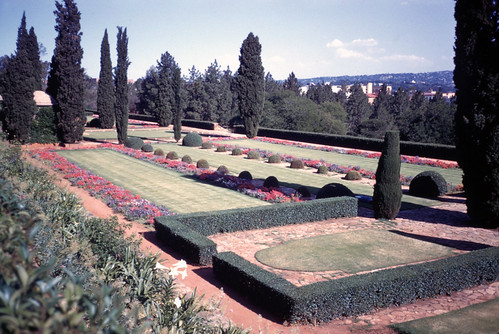South Africa’s fire-gutted parliament a reminder of country’s woes
South Africa #SouthAfrica

Charred beams and broken tiles still poke out from the gutted roof of South Africa’s parliament in Cape Town two years after it was engulfed by a devastating fire.
For many, the arson attack and the scars, partially hidden behind the monumental white and red facade, symbolise the country’s ills as it goes into an election year.
Reconstruction has been slow and the 400 National Assembly lawmakers have been forced into a smaller hall in the city that can only handle 170 of them.
A probe into the arson by a man who has been declared unfit to stand trial, found guards sleeping on the job amongst a litany of security lapses.
The fire and its aftermath highlight a “failing state” that cannot maintain basic services, ignores safety standards and where planning is “in tatters”, said political analyst Sandile Swana.
“This all creates an atmosphere of precarity and general unsafeness,” he told AFP.
The main reconstruction at the iconic site will begin in January and take two years to complete — in line with “the timeframes that were announced”, according to parliament spokesman Moloto Mothapo.
It has taken two years to secure funding and permits, remove rubble and artefacts in the gutted building and lay the groundwork, he added.
– Charred ‘aspirations’-
With 2024 marking three decades since the advent of democracy, the starting date is itself steeped in symbolism. Mothapo told AFP this would help ensure that parliament “is restored and made even better.
“The institution is not just bricks and mortar. It carries the hopes and aspirations, and the future of the great majority of South Africans.”
The delay angers some however.
“We can all agree this has been a frustratingly long process,” Siviwe Gwarube, chief whip for the main opposition Democratic Alliance (DA) told a parliamentary committee this year.
It took firefighters more than 48 hours to control the flames when the building was set ablaze on January 2, 2022.
Though no one was killed, the fire caused $120 million of damage and wrecked a chamber that was the scene of historic moments, including President FW de Klerk announcing the release of Nelson Mandela after 27 years in prison in 1990.
Mothapo said the revamped building will have “added elements of modernity” and house a larger chamber able to accommodate a joint sitting of the two parliament houses.
In the meantime the MPs not lucky enough to be given seats and the public now have to watch debates online. That hurts transparency, said Brett Herron, of the small opposition GOOD party.
“Parliament is not functioning as it should,” he said. “It is unreasonable to expect South Africans to accept this arrangement for another two years, at least.”
The downsizing has taken away “that drive, that feeling of bustle and hustle and getting things done,” said DA lawmaker Dianne Kohler Barnard.
The radical leftist Economic Freedom Fighters (EFF) party suggested parliament should be moved to Pretoria, where the government sits, before backtracking.
– ‘Neglect and incompetence’ –
MPs are also still asking questions over how suspected arsonist Zandile Mafe, 50, managed to get into parliament on the fateful night. A court has since ruled that he is unfit to stand trial on arson and terrorism charges due to schizophrenia.
Court hearings and a parliamentary report have unveiled an array of failures in securing and maintaining the parliament building.
Security footage showed Mafe wandering around the grounds undetected for more than 24 hours.
He is seen dousing boxes and newspapers with petrol, and talking on the phone — something that has led to speculation he might have been following orders.
Officers tasked with monitoring CCTV cameras were asleep.
The fire system did not detect the flames and initial reports showed that sprinklers failed.
The DA has labelled the failures as “the epitome” of the rule of African National Congress (ANC), which the opposition party said was “underscored by neglect and incompetence”.
In power since 1994, polls suggest the ANC could see its vote drop below 50 percent next year, battered by discontent at corruption, mismanagement and entrenched unemployment.
str-ub/tw/fg